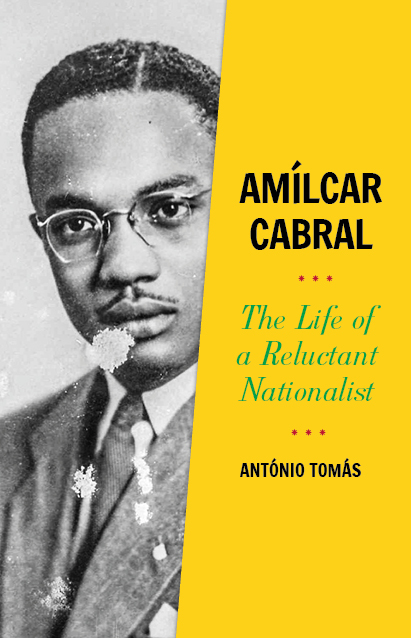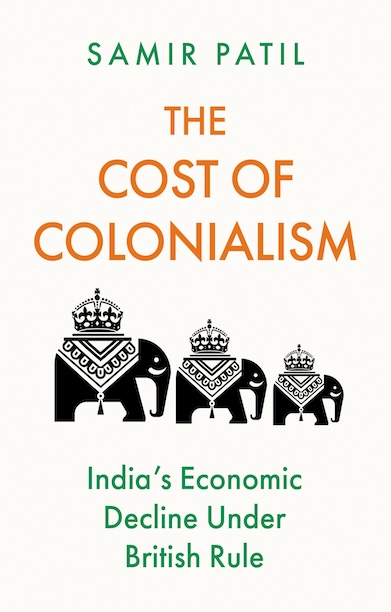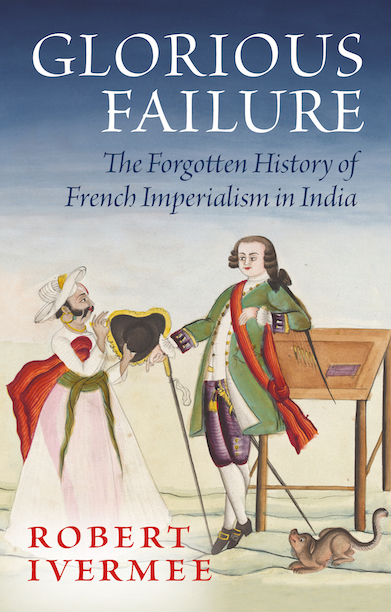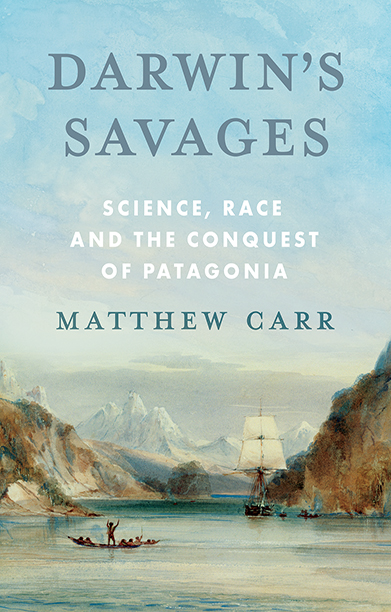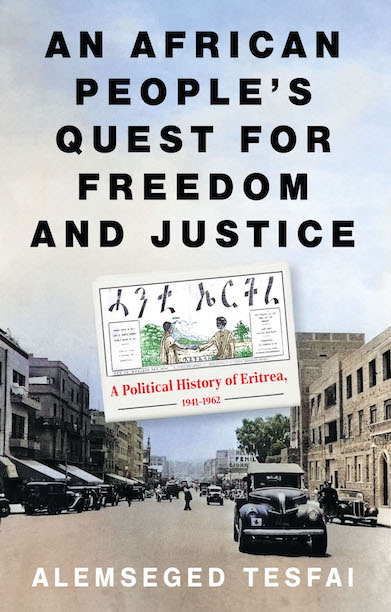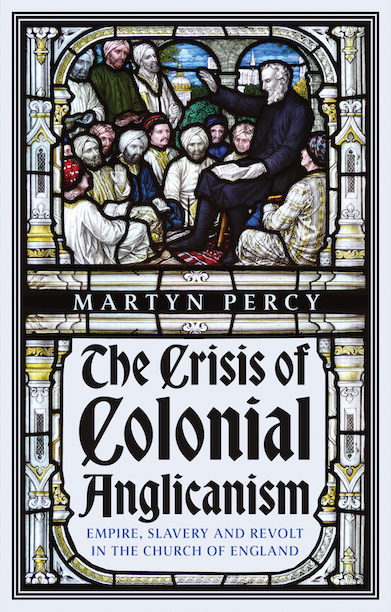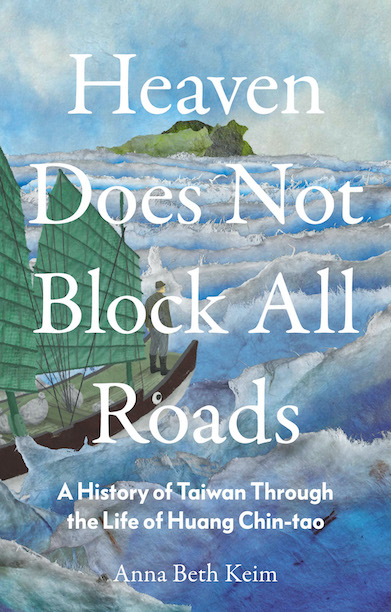Amílcar Cabral
The Life of a Reluctant Nationalist
‘Figures like Amílcar Cabral… helped us to imagine the horizons of freedom in far broader terms than were available to us through what we now call “civil rights discourse.“’ — Angela Davis
A new biography of one of Africa’s seminal anti-colonial thinkers and activists.
Description
On 20 January 1973, the Bissau-Guinean revolutionary Amílcar Cabral was killed by militants from his own party. Cabral had founded the PAIGC in 1960 to fight for the liberation of Portuguese Guinea and Cape Verde. The insurgents were Bissau-Guineans, aiming to get rid of the Cape Verdeans who dominated the party elite.
Despite Cabral’s assassination, Portuguese Guinea became the independent Republic of Guinea-Bissau. The guerrilla war that Cabral had started and led precipitated a chain of events that would lead to the 1974 Carnation Revolution in Lisbon, toppling the forty-year-old authoritarian regime. This paved the way for the rest of Portugal’s African colonies to achieve independence.
Written by a native of Angola, this biography narrates Cabral’s revolutionary trajectory, from his early life in Portuguese Guinea to his death at the hands of his own men. It details his quest for national sovereignty, beleaguered by the ethnic-based identity conflicts the national liberation movement struggled to overcome. Through the life of Cabral, António Tomás critically reflects on existing ways of thinking and writing about the independence of Lusophone Africa.
Reviews
Amílcar Lopes da Costa Cabral was assassinated on 20 January 1973, eight months before Guinea-Bissau’s unilateral declaration of independence. António Tomás, José Lingna Nafafé and New Generation Thinker Alexandra Reza join Rana Mitter on BBC Radio 3’s Free Thinking programme to explore his life, thinking and legacy.
‘This is a beautiful book. It is elegant. It is elegiac. It is exciting: readers are on the verge of historical unearthings and historiographical revelations every time the pages turn.’ — Theoria
‘[A] welcome revisionist biography.’ — History Today
‘Antonio Tomás’ … book on Amílcar Cabral takes us back to the crucible of decolonisation and permits us to assess its aspirations and limitations anew.’ — Africa Is a Country
‘This is a unique interpretation of an iconic revolutionary using recently opened state security police archives. It challenges the accepted narrative and forces scholars to rethink ideas about victory over colonial rule in the Portuguese colonies as well as continues the debate about Cabral’s contribution to this.’ — Joye Bowman, Professor of History, Associate Dean of Research, University of Massachusetts Amherst
‘This impressive new biography uses mainly Portuguese sources to challenge many of the myths about Cabral’s life and places his ideas and achievement firmly within the context of Cape Verdian history.’ — Malyn Newitt, Emeritus Professor of History, King’s College London
‘On the basis of newly available archival sources, Tomas provides a powerful, highly original and much-needed rethinking of Cabral’s enduring impact while also engaging with contemporary debates on identity, belonging and the role of ideas in African politics, and transcending the all-too-frequent hagiography that surrounds his legacy.’ — Ricardo Soares de Oliveira, Professor of the International Politics of Africa, University of Oxford
‘A very refreshing, at times moving, biography of Amílcar Cabral. The book distinguishes Cabral from other renowned anti-colonial leaders and thinkers, deftly handling the dilemmas, tensions and ambiguities of the struggles of Guinea-Bissau and Cape Verde for independence from Portugal and unpicking the sad narrative behind his killing.’ — Christopher Cramer, Professor of the Political Economy of Development, SOAS, University of London
Author(s)

António Tomás is Associate Professor in the Graduate School of Architecture at the University of Johannesburg. He holds a PhD in Anthropology from Columbia University, in New York. He has worked as a journalist in Angola and Portugal and has written extensively on issues related to Lusophone Africa.
